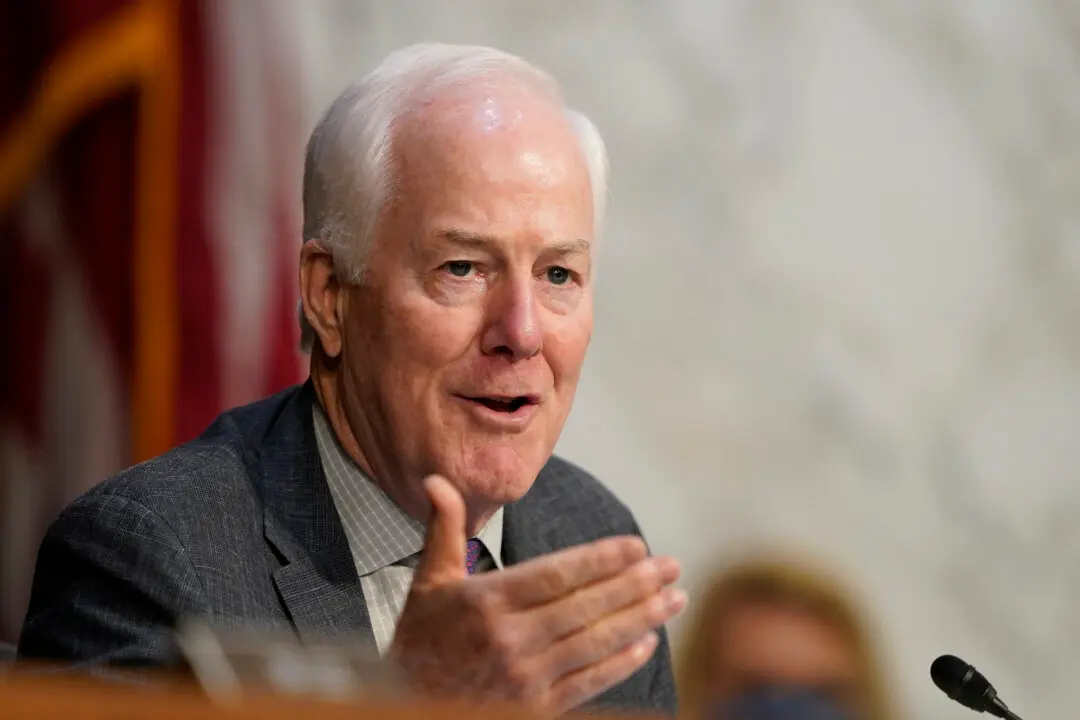Controversy is swirling over a new study on the impacts of surgically removing breasts from biologically female patients as young as 13 who have been struggling with gender-related distress.
The Chicago study, published on Sept. 26 in the distinguished peer-reviewed medical journal JAMA (The Journal of the American Medical Association) Pediatrics, reported that such surgeries have low complication rates and result in improved quality of life for young females with “chest dysphoria,” or disquiet over unwanted breast development, three months after the procedure.
The study adds another spark to the widespread conflagration over the use of puberty-blocking drugs, cross-sex hormones, and surgeries for youths who believe they are transgender or “nonbinary”—neither solely male nor solely female.
Because this study, said to be the first of its kind, gauged results for a relatively small number of patients after a short time period, it’s unknown whether longer-term, larger studies would report a similar result.
Some physicians said they were appalled to learn about the use of teens in such a study, even though parental consent was required for participants younger than 18.





